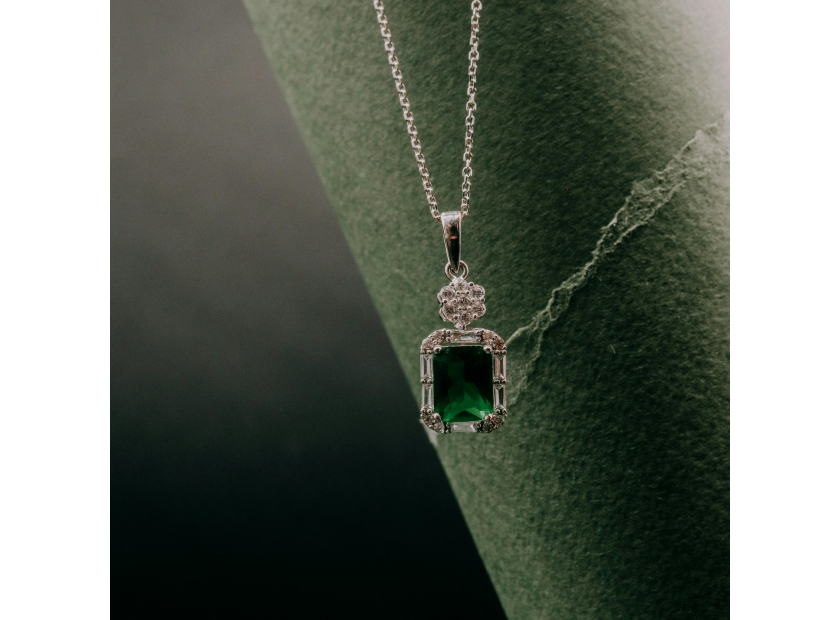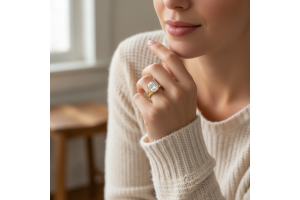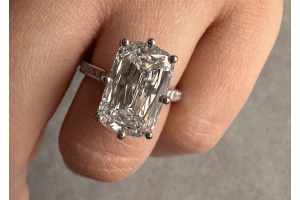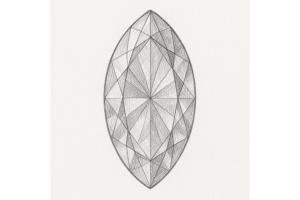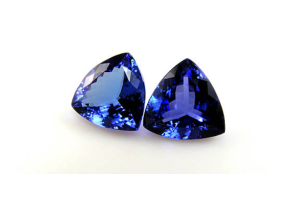USD
/
USD
/
Shipping to:
Currency:
When it comes to choosing between emeralds and diamonds, many people wonder which gemstone comes with a higher price tag.
The answer isn't black and white, as a number of factors influence the cost of each.
Let’s break down the key differences to help you make a confident, informed decision.
Understanding Gemstone Value
The value of gemstones is typically assessed by the "Four Cs": Cut, Color, Clarity, and Carat weight.
Other important factors include rarity, overall demand, origin, and whether the gem has been treated or enhanced.
If you’re curious about how gemstones form in nature and how they compare to diamonds, check out how and where gemstones and diamonds are formed.
Emeralds: Rarity and Pricing
Emeralds are celebrated for their rich green color, which comes from traces of chromium and vanadium.
Top-quality emeralds are rare, especially those with deep color and good clarity, which can make them more expensive than diamonds of a similar size.
Natural inclusions are common in emeralds and are often accepted as part of their charm rather than flaws.
If you’re exploring engagement rings with a colorful twist, check out gemstone engagement rings.
Diamonds: Consistency and Market Influence
Diamonds have a long-standing reputation as the go-to choice for engagement rings and fine jewelry, in part due to heavy marketing over the decades.
Pricing is more standardized, thanks to consistent grading systems that evaluate the Four Cs.
Although high-end diamonds can be extremely expensive, smaller or lower-grade diamonds are often more affordable than premium emeralds.
If you’re leaning toward a classic look, you might want to explore diamond engagement rings.
Price Comparison
Emeralds can definitely be more expensive than diamonds depending on quality and rarity.
For example, a 1-carat emerald with deep color and high clarity can cost more than a diamond of the same carat weight with average grades.
Prices for both gems vary widely, so it’s important to compare individual stones rather than general categories.
If you're looking for something outside the box, check out non-traditional engagement rings.
FAQs
Are emeralds a good investment?
High-quality emeralds have historically appreciated in value, making them a potential investment.
However, as with any luxury purchase, it's smart to buy based on personal taste rather than speculation alone.
Do emeralds last as long as diamonds?
Diamonds are the hardest known natural material, ranking 10 on the Mohs scale, which makes them extremely durable.
Emeralds are softer, with a rating between 7.5 and 8, meaning they require a bit more care to avoid scratches or chips.
Why are some emeralds more expensive than diamonds?
Emeralds with exceptional color and few inclusions are incredibly rare, and that rarity drives up their value—sometimes even beyond that of diamonds of similar size and grade.
Which gemstone is better for an engagement ring?
Diamonds are the traditional choice because of their strength and timeless appeal, but emeralds offer a unique and vibrant alternative.
Just keep in mind that emeralds are more delicate, so they might not be ideal for everyday wear unless set and maintained carefully.
To help weigh your options, check out lab-grown diamonds vs. gemstones.
For gift ideas that go beyond the ordinary, take a look at gemstone rings or explore timeless diamond wedding rings.



